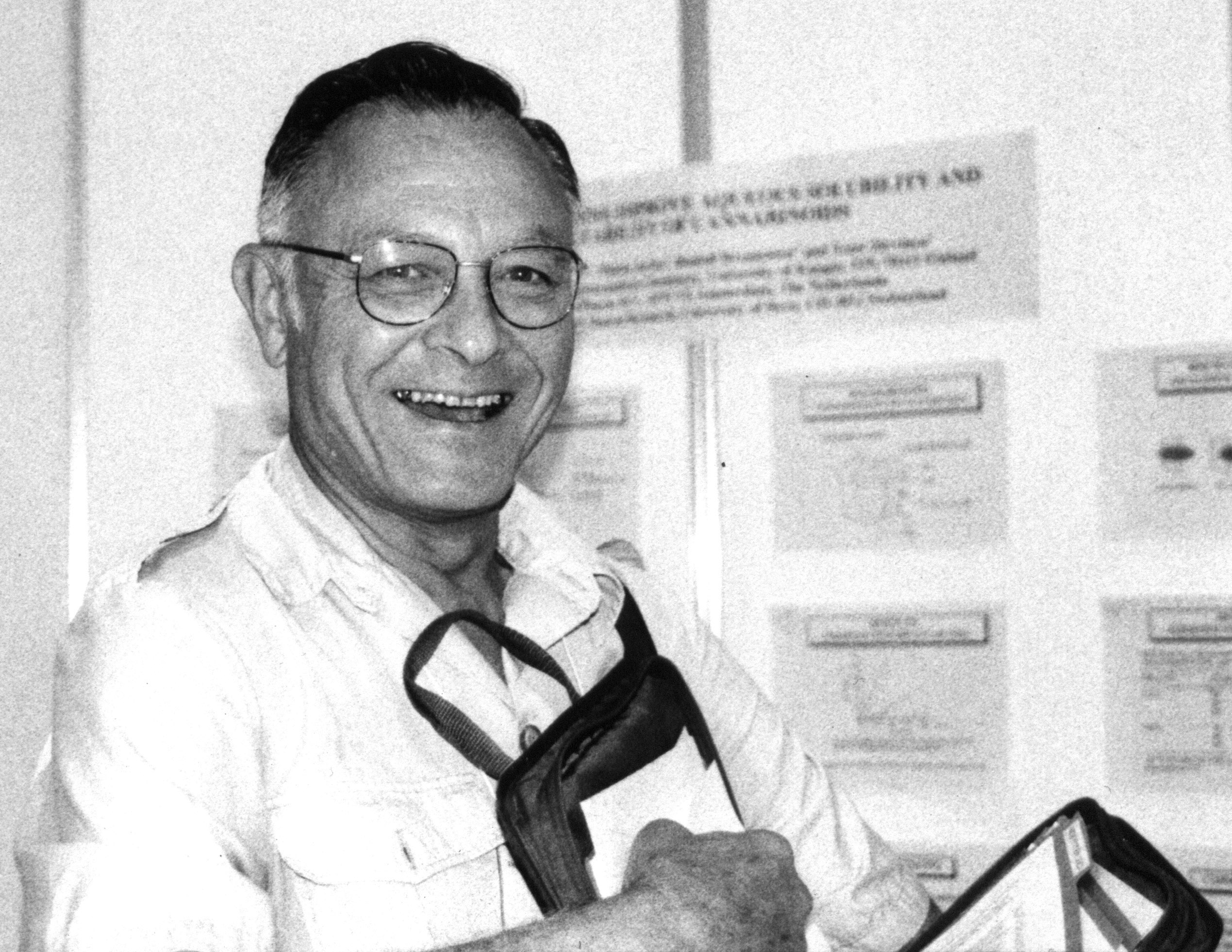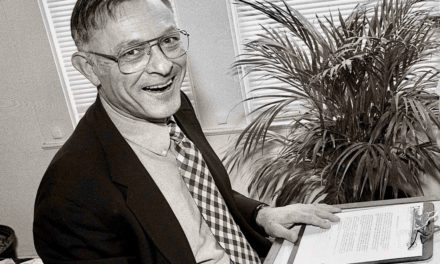We live in a twittery world. A state senator, a rightwing Democrat from Orange County named Lou Correa, introduces a bill at the behest of law enforcement lobbyists to “regulate” the medical cannabis industry. Some dispensary operators whose niches would be secured by the bill meet with the state senator and discuss modifications. At the urging of Don Duncan of ASA, The Society of Cannabis Clinicians drafts a letter to the senator, diplomatically expressing their members’ objections to the bill. The letter ends with a long list of suggested changes to the wording.
Because it’s a twittery world, the merits of the Correa bill are debated without reference to the relevant background. And because the SCC doctors have their credibility as professionals to uphold, their letter cannot simply say, “It is against the state constitution for you and your cronies to weaken an initiative passed by the voters. It’s too bad that we, the people, can’t sue legislators who intentionally waste our money with bills that please their lobbyist/backers but won’t pass muster legally. Your bill is the political equivalent of malpractice.”
When Prop 215 passed in 1996, Tod Mikuriya, MD, the founder of the SCC, understood that law enforcement —which had led the “No” campaign— was likely to oppose implementation in every way they could. He called for an audit to assure that all agencies affected by the new law would take the necessary steps to comply. It was an unprecedented political situation. Tod’s tactic would have kept the all-important momentum on our side!
Mikuriya’s longtime assistant John Trapp wrote a very good piece about Tod’s audit for O’Shaughnessy’s. With millions of Americans are now interested in the subject of marijuana as medicine, we expect that some will be interested in how we got from passing Prop 215 to contemplating the Correa bill.
Here’s an all-important but easily forgotten (in this twittery world) fact about Proposition 215 (the Compassionate Use Act of 1996): it was a rebuke to law enforcement and to the entire political establishment. We, the people, were proclaiming that we were fed up with their war-on-drugs propaganda. Prop 215 was opposed by the Police Chiefs Association, the Sheriffs, the Police Officers, 57 of 58 district atorneys (the lone proponent being Hallinan of San Francisco), the Attorney General (Lungren), and of course the four-star Drug Czar Barry McCaffrey. Also, former presidents Ford, Carter and Bush, Senators Barbara Boxer and Diane Feinstein, and Gov. Gray Davis (all Democrats). The very popular former Surgeon General C. Everett Koop carried the No-on-215 message in the final ad campaign.
Attorney General Lungren orchestrated a widely publicized bust of the San Francisco Cannabis Buyers Club to focus attention on the fact that its proprietor, Dennis Peron, the prime mover behind Prop 215, was a longtime pot dealer with a criminal record.
Prop 215 passed with 56% of the vote. We, the people had had it with their lies.
Instead of respecting the will of the voters and complying with the new law, Lungren did everything possible to dis-implement it. He called an “Emergency All-Zones Meeting” of all the Police Chiefs, Sheriffs and DAs at which he urged his troops to keep arresting and prosecuting, as before, and let people fight in court to establish their identity as medical users. Lungren and his aides flew off to Washington to meet with federal officials and make plans for containing the medical marijuana movement. That story was covered in O’Shaughnessy’s, too, by Pat McCartney. (“It’s not just marijuana that got prohibited,” Tod used to say, “it’s the truth about history.”)
The present legislation introduced by Correa is just the latest step towards containing the movement. The genie pushed his head out of the bottle in 1996, and they’ve been pushing down mightily on his shoulders all these years.
MORE TK
The New York Times ran a piece last week describing the negative attitudes of four Democratic governors towards marijuana legalization.





